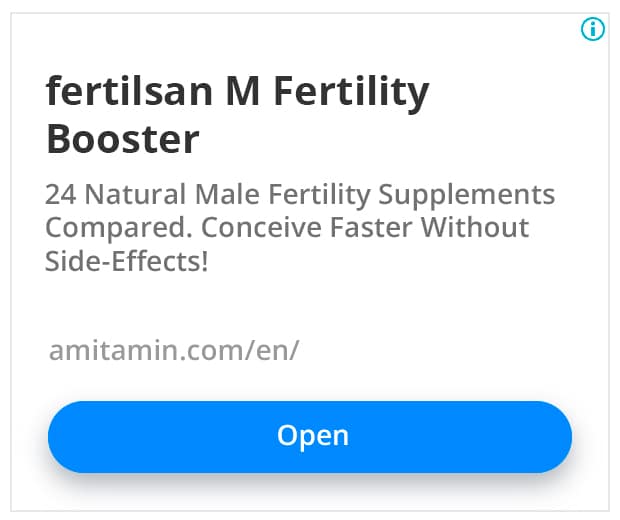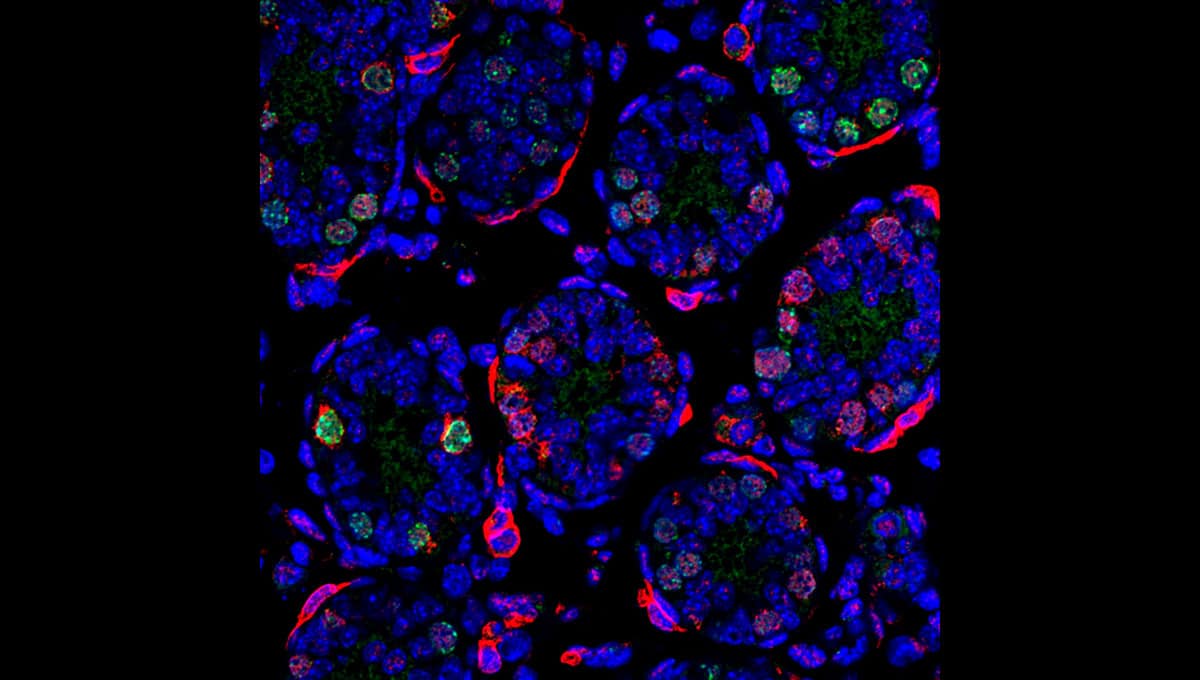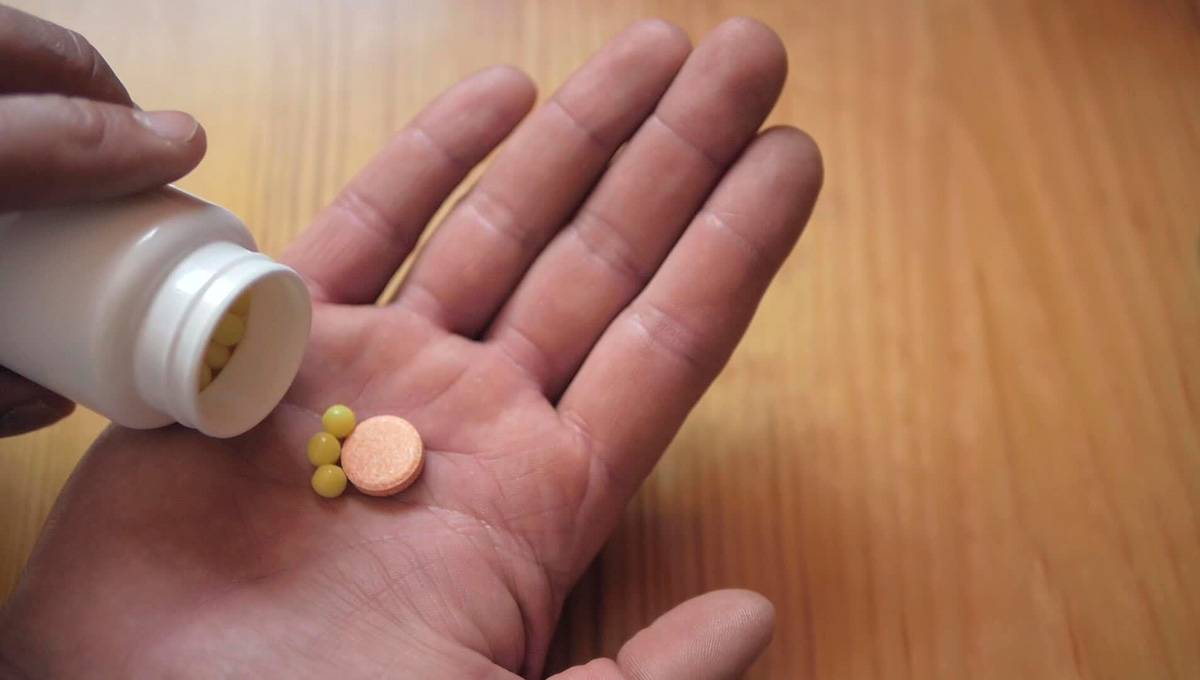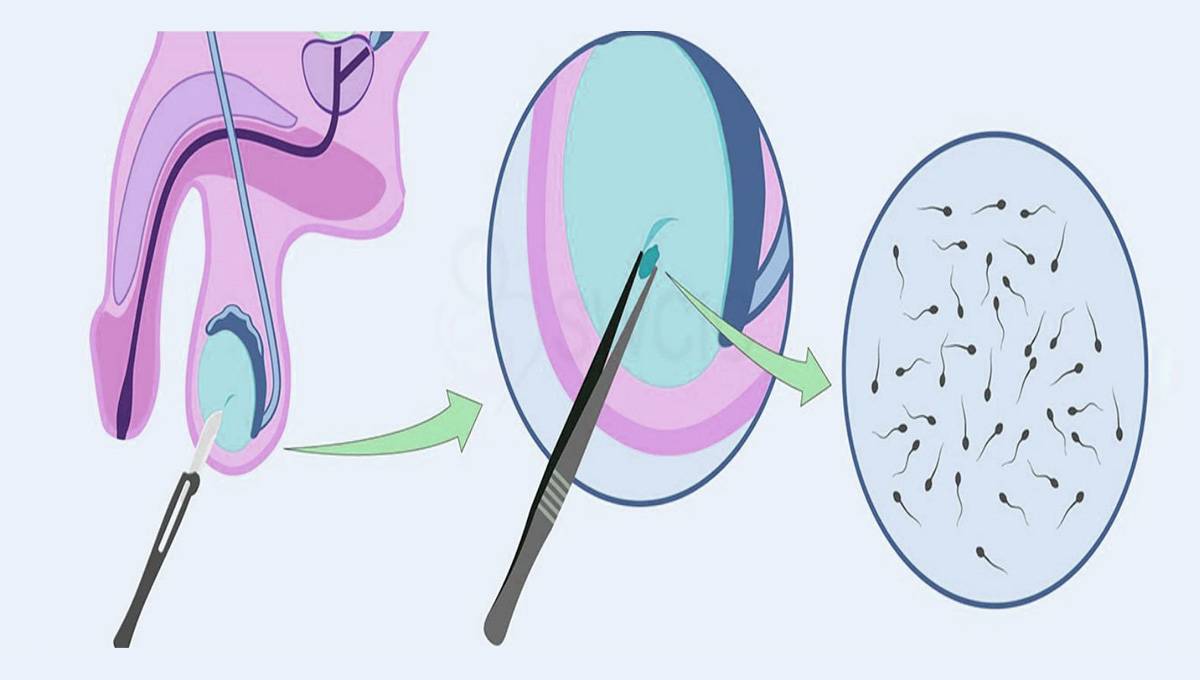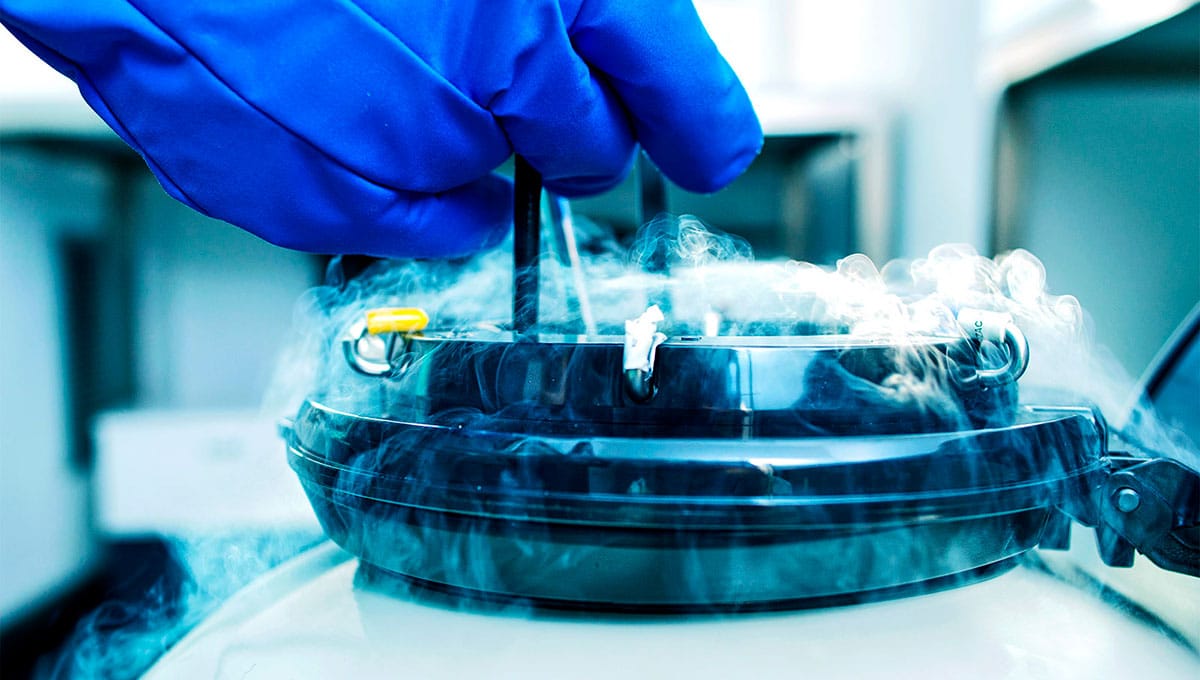What is ovarian suppression?
This is an experimental method of fertility preservation. Doctors use a type of medicine called GnRH agonists to suppress the normal function of the ovaries. This temporarily switches the ovaries off and this protects them during chemotherapy.
Who would benefit from this procedure?
- Women who have been diagnosed with cancer (particularly breast cancer) and need to undergo chemotherapy.
- Women undergoing chemotherapy for other diseases such as autoimmune conditions.
- It can also help women undergoing chemotherapy who are at risk of heavy menstrual bleeding. Doctors may be able to prevent this problem by using ovarian suppression.
How does ovarian suppression work?
Scientists discovered this treatment after studying the follicles in the ovaries. They found that egg cells in the resting follicles were more resistant to damage from chemotherapy compared to the egg cells in the growing follicles 1 Bedoschi G, Turan V, Oktay K. Utility of GnRH-agonists for fertility preservation in women with operable breast cancer: is it protective? Current Breast Cancer Reports. Internet. 2013. 5(4):302-308. Available from: https://www.ncbi.nlm.nih.gov/pmc/articles/PMC3972621/.
Research on this topic is still developing, but scientists have found potential explanations behind this procedure. They think that when chemotherapy drugs damage the follicles, this reduces the levels of a hormone called AMH. This effect, along with a rise in another hormone called FSH, encourages more follicles to mature. This in turn makes them more vulnerable to damage from chemotherapy, and this cycle continues to reduce a woman”s fertility.
In ovarian suppression, doctors use medicines called GnRH agonists. These affect hormone levels and prevent FSH from rising. They also suppress the growth of follicles and restrict the blood flow to the ovaries 2 Yasmin E, Balachandren N, Davies MC, Jones GL, Lane S, Mathur R, Webber L, Andersen RA. Fertility preservation for medical reasons in girls and women: British fertility society policy and practice guideline. Human Fertility. Internet. 2018. 21(1). Available from: https://www.tandfonline.com/doi/full/10.1080/14647273.2017.1422297.
Effectively the GnRH agonists cause a temporary menopause, as they decrease the production of oestrogen and progestogen. This prevents ovulation and menstrual periods, and temporarily switches off the ovaries.
www.amitamin.com/en/fertilsan-m New life deserves the best possible start!We provide the essential building blocks for this.
You will need to have the GnRH agonist in the form of injections either monthly or every 3 months. Unfortunately you cannot administer them yourself, so you will need to go to your GP surgery or hospital to have the injections. You should start the injections before you begin chemotherapy, and you should continue them during the course of your chemotherapy treatment 3 Alliance for Fertility Preservation. Ovarian Suppression. Internet. 2018. Available from: www.allianceforfertilitypreservation.org/options-for-women/ovarian-suppression. After you have finished the chemotherapy and have stopped taking the injections, your ovarian function should return to normal.
Side effects
There are some side effects to this procedure. These include: hot flushes, night sweats, reduced sex drive, headaches, mood changes and vaginal dryness. There is also a risk of bone loss and therefore osteoporosis, but this is only a problem if the injections are taken for longer than 6 months .
Your doctor may be able prescribe you medicine known as an add-back therapy to increase your oestrogen levels to counter these side effects. But this may not be possible if you have certain types of cancer. It is best to ask your doctor for more information about this.
What are the chances of success?
This is a new area of research and unfortunately the results are not yet conclusive. Some studies have found this procedure helps to preserve fertility whereas others have not found a significant benefit. Therefore scientists need to conduct more research before they can be certain of the effectiveness of this treatment.
Additionally previous research into this procedure has focused more on patients with breast cancer than other types of cancer such as lymphoma or ovarian cancer. Therefore scientists need to investigate whether the previous positive findings are accurate and which cancer types it would benefit.
Is it a good option for me?
The ovaries are susceptible to damage from chemotherapy but the potential level of damage depends on a number of factors. A patient”s age is an important factor, with the potential reduction in fertility being greater in women over the age of 40.
Furthermore, there are aspects of the chemotherapy which can affect how toxic it is to the ovaries. The type of chemotherapy is important as those of the alkylating group such as cyclophosphamide are more harmful 4 Oktem O, Oktay K. Quantitative assessment of the impact of chemotherapy on ovarian follicle reserve and stromal function. Cancer. Internet. 2007. 110(10):2222-9. Available from: https://www.ncbi.nlm.nih.gov/pubmed/17932880. Additionally the dose and intensity of chemotherapy affects how damaging it is to the ovaries and to your fertility. You should discuss the extent to which your specific chemotherapy regimen will affect your fertility with your doctor.
The major drawback of ovarian suppression is the controversy in the research. This procedure is available but it is still considered experimental. Therefore it is likely that your doctor will recommend the more established methods of fertility preservation such as egg or embryo freezing first.
The method that is best for you depends on your specific circumstances. You should form a tailored treatment plan with your doctor to ensure that the procedures you undergo are the best for your health and future fertility.

Dr. Jones is an experienced consultant in assisted reproduction.
He has worked as a Fertility specialist at Kingston Hospital Assisted Conception and nearly 10 years experience of working in Obstetrics and Gynaecology across hospitals in the UK.
He completed his Masters in Assisted Reproduction Technology and then his PhD, from Imperial College London. Dr. Jones main areas of interest are Single Embryo Transfer, Endometriosis, PCOS and Implantation failure in IVF patients. He is a member of the British Fertility Society and an associate member of the Royal College of Obstetrics and Gynaecology.
Bibliography
- 1Bedoschi G, Turan V, Oktay K. Utility of GnRH-agonists for fertility preservation in women with operable breast cancer: is it protective? Current Breast Cancer Reports. Internet. 2013. 5(4):302-308. Available from: https://www.ncbi.nlm.nih.gov/pmc/articles/PMC3972621/
- 2Yasmin E, Balachandren N, Davies MC, Jones GL, Lane S, Mathur R, Webber L, Andersen RA. Fertility preservation for medical reasons in girls and women: British fertility society policy and practice guideline. Human Fertility. Internet. 2018. 21(1). Available from: https://www.tandfonline.com/doi/full/10.1080/14647273.2017.1422297
- 3Alliance for Fertility Preservation. Ovarian Suppression. Internet. 2018. Available from: www.allianceforfertilitypreservation.org/options-for-women/ovarian-suppression
- 4Oktem O, Oktay K. Quantitative assessment of the impact of chemotherapy on ovarian follicle reserve and stromal function. Cancer. Internet. 2007. 110(10):2222-9. Available from: https://www.ncbi.nlm.nih.gov/pubmed/17932880


